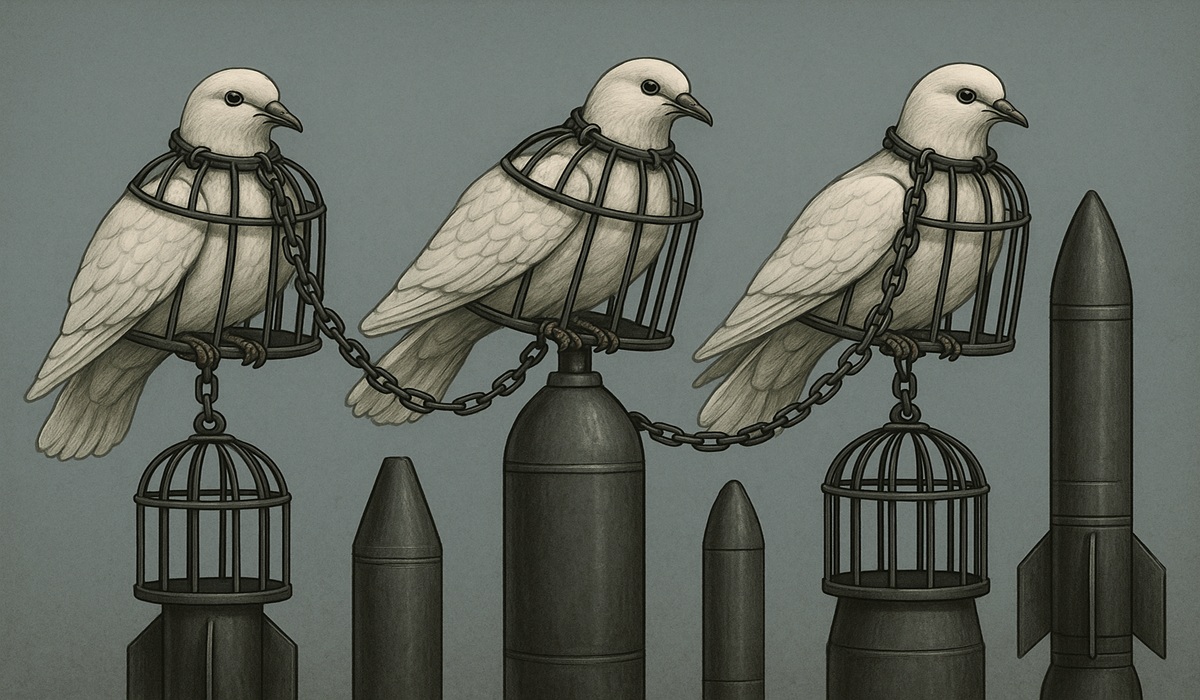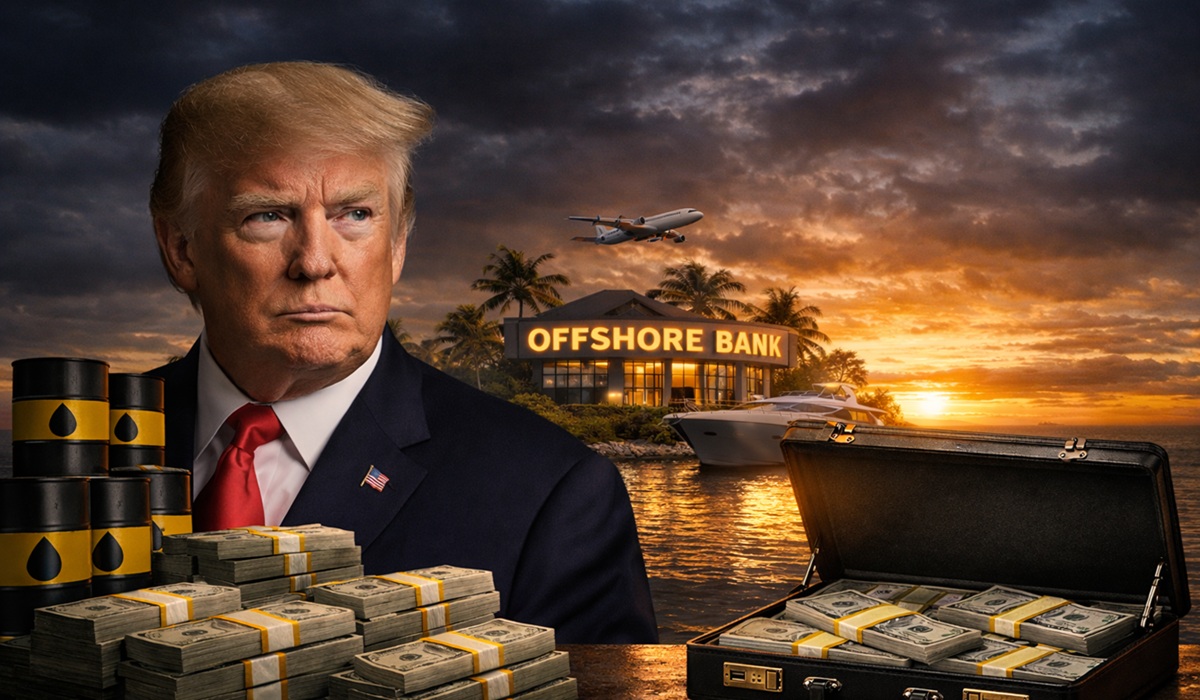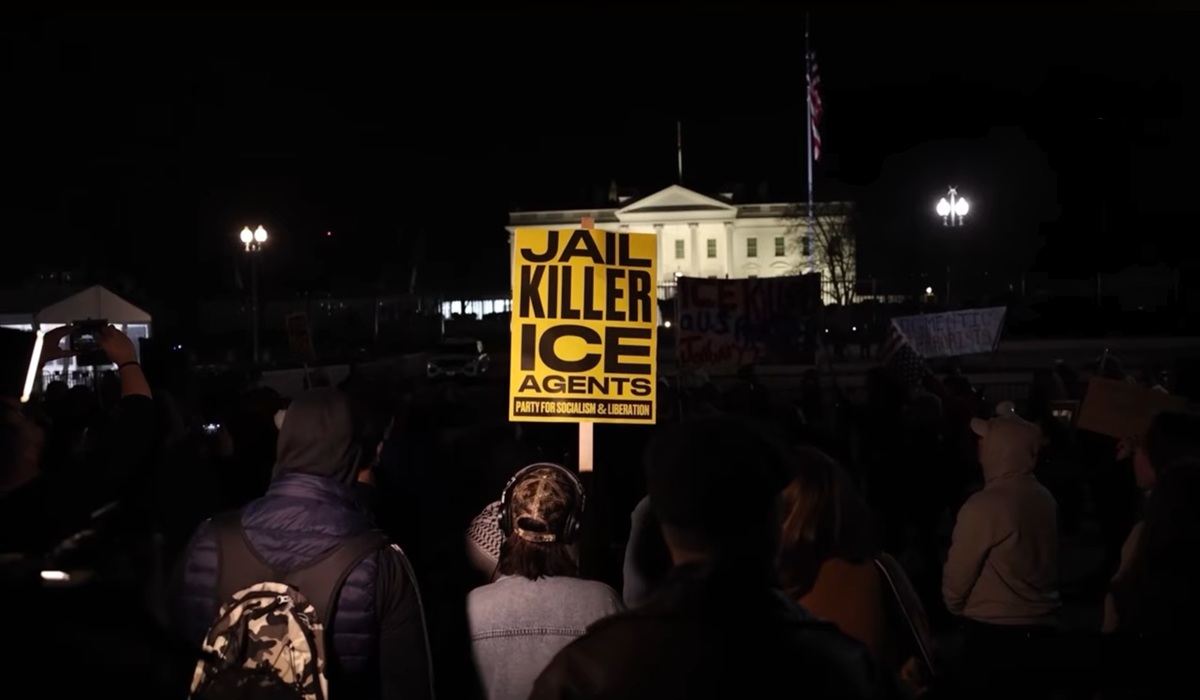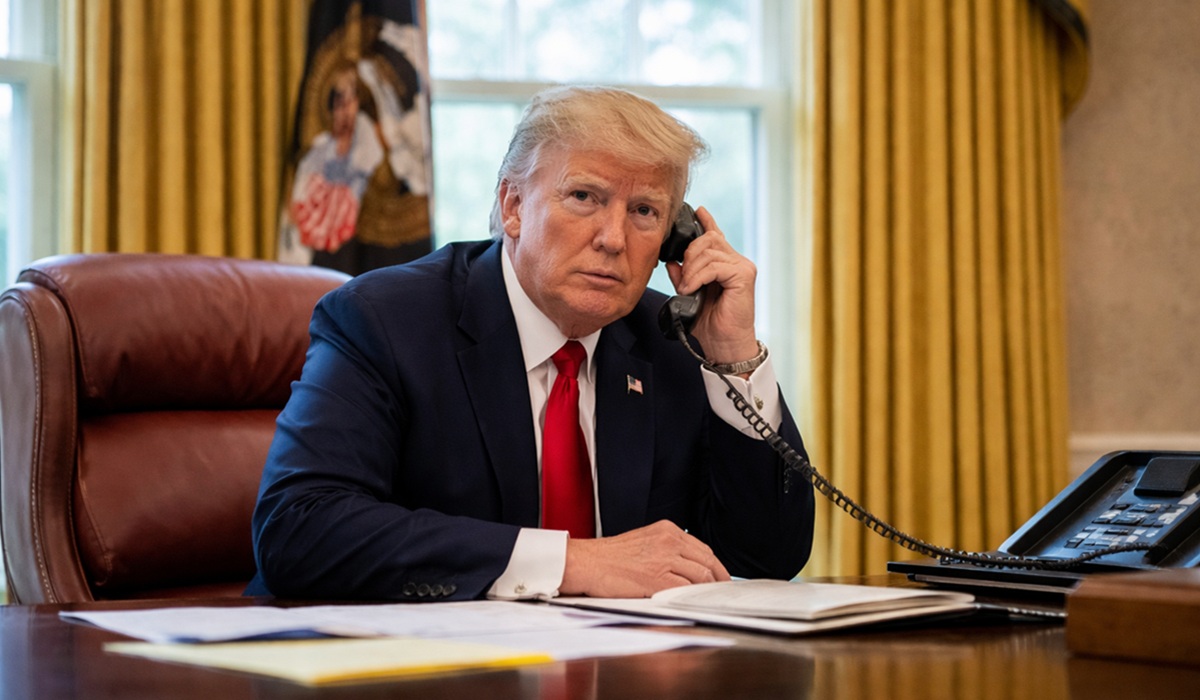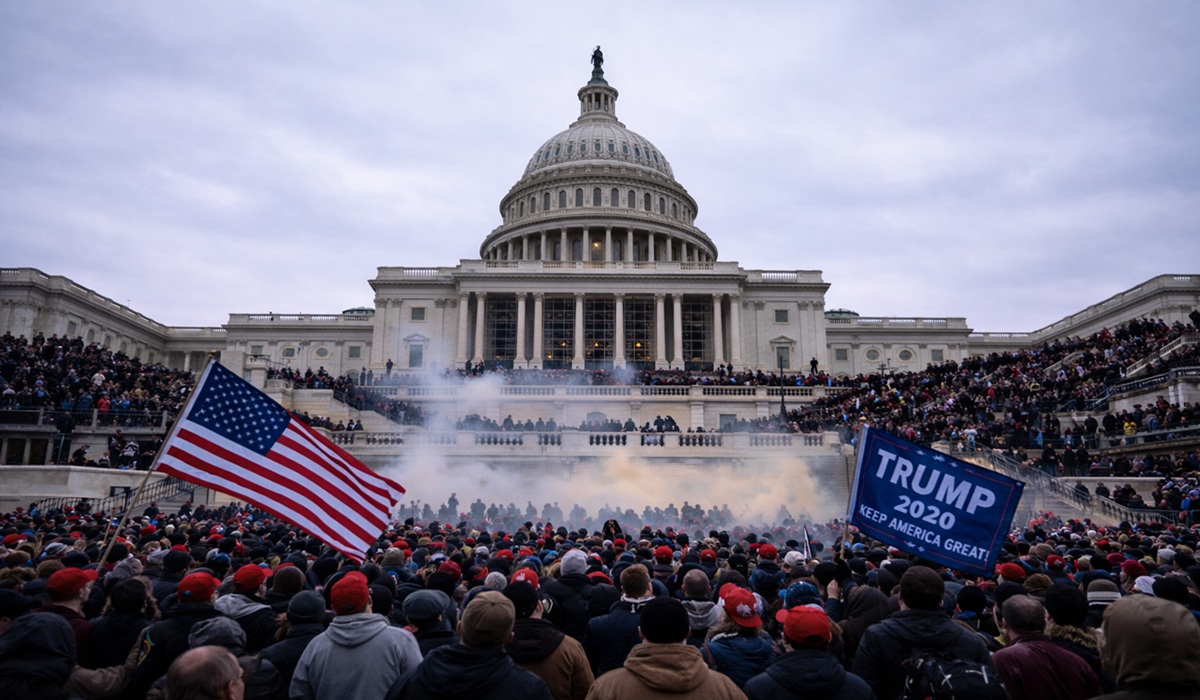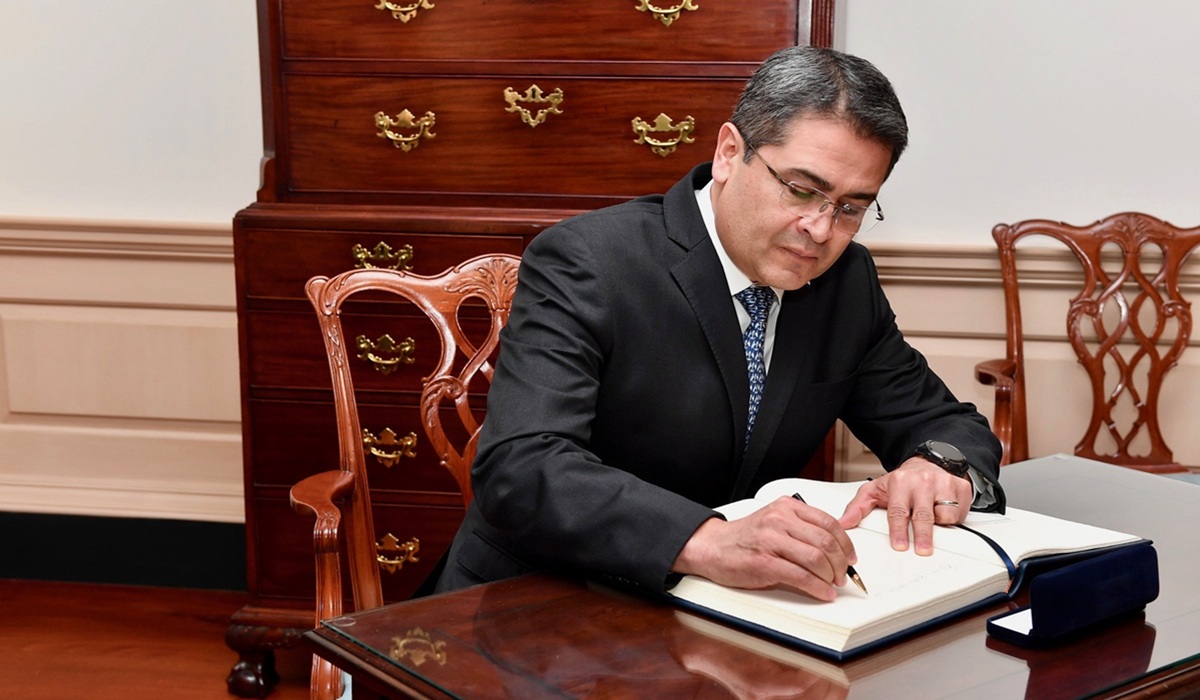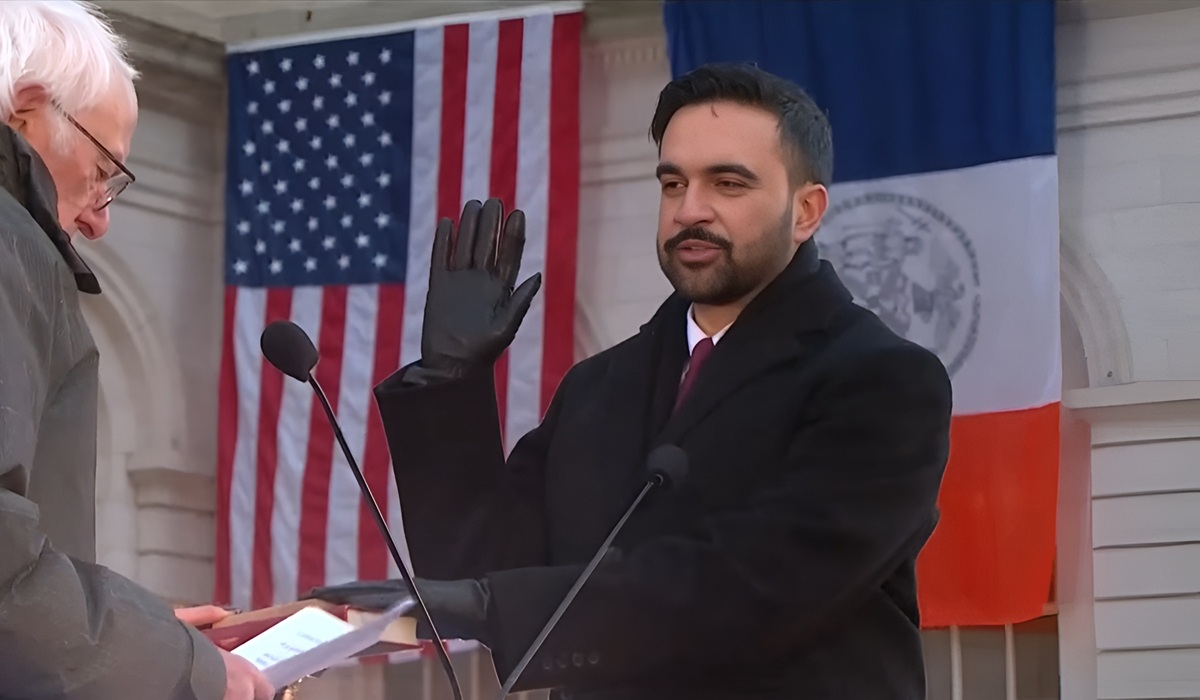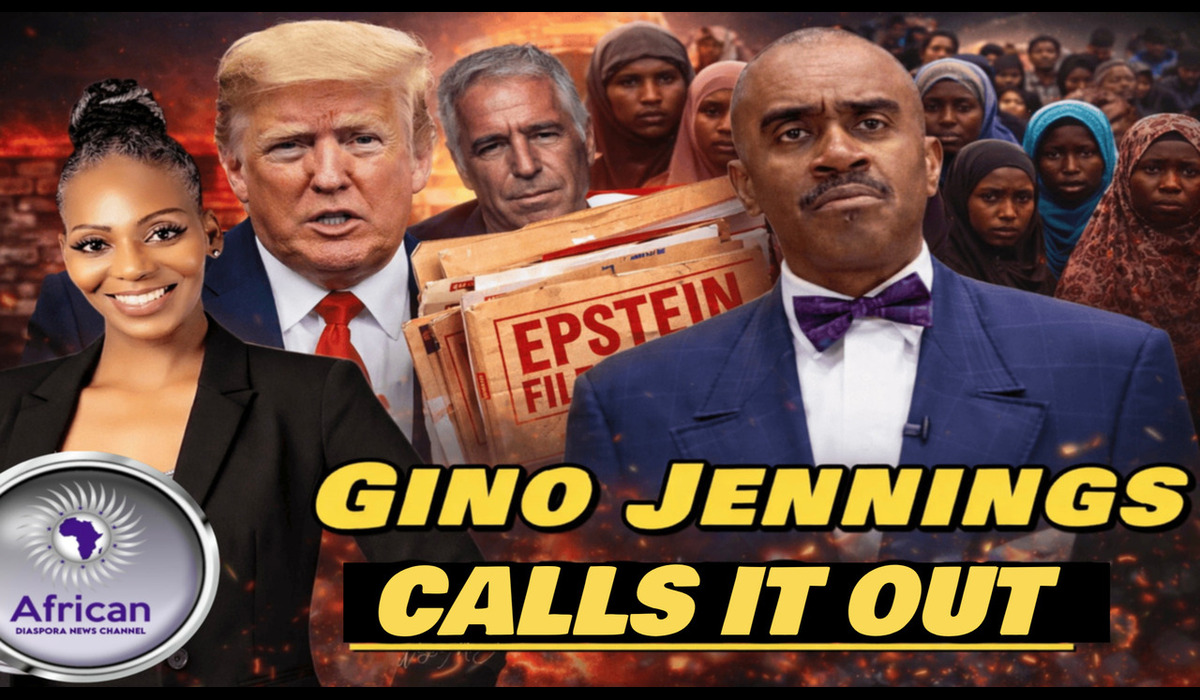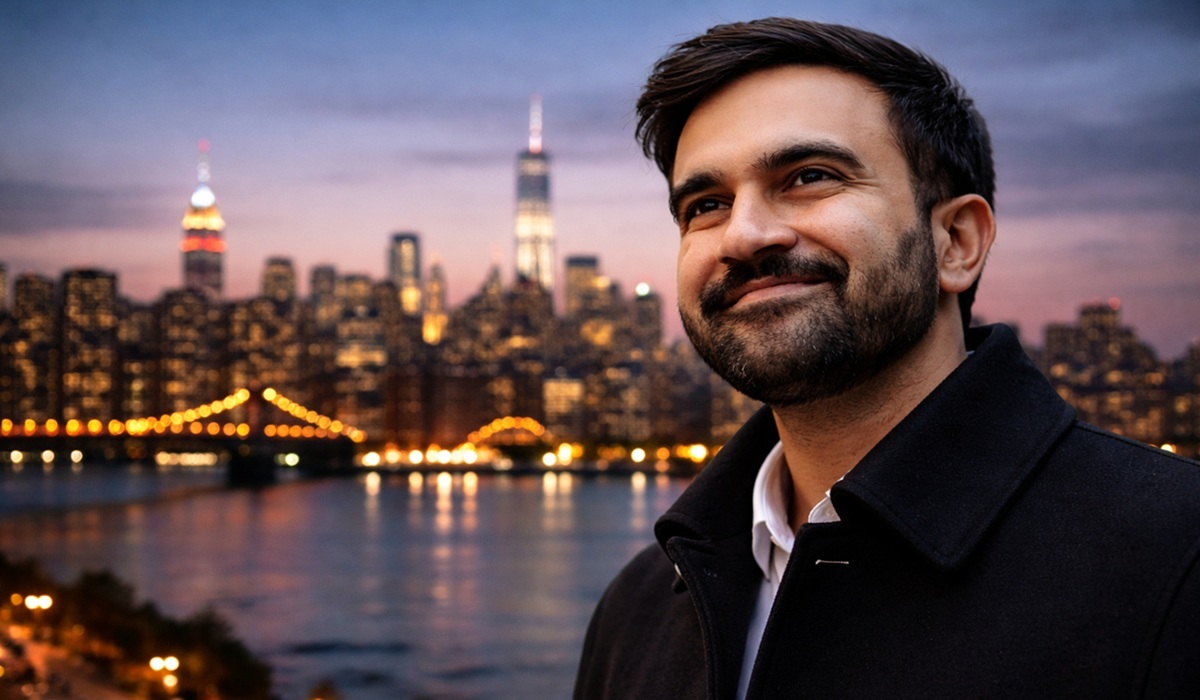They are calling it a peace deal, a diplomatic triumph, even a turning point in the long, tortured history of Israel and Gaza. But let’s be honest — this isn’t peace. This is a temporary truce, a politically convenient lull in the bombs, a hostage exchange wrapped in the language of reconciliation. It’s not an end to suffering; it’s a calculated pause in an ongoing cycle of violence and oppression. And the idea that Donald Trump deserves a Nobel Peace Prize for this is not just absurd — it’s grotesque. Rewarding him for this would be like awarding a medal to an arsonist for helping put out the fire he set.
At the core of this so-called peace agreement lies a cruel irony. The United States, under Trump’s direct influence, had every tool, every ounce of leverage, to stop the killing long before now. At any point, Washington could have told Israel to halt the bombing, to end the collective punishment of Gaza’s two million residents. It could have imposed diplomatic boundaries, much as the colonial Sykes-Picot Agreement once carved arbitrary lines across the Middle East. It could have unilaterally declared and enforced a two-state solution. It could have stopped the billions in military aid, the endless shipments of weapons that ensure Israel’s military dominance. It could have said what no American president has dared to say in generations: the occupation must end. But it didn’t.
Instead, the U.S. facilitated this temporary truce, this momentary easing of violence, as if it were some grand moral act. It’s not. It’s political theater. It’s a pause to allow hostages to be swapped, to cool public outrage, and to give the illusion that something meaningful has changed. But when the hostages return home, when the Palestinian prisoners are released, when the international press pack up their cameras — Gaza will still be in ruins. Families will still be digging their children out of the rubble. Aid trucks will still be crawling through narrow checkpoints, their passage dependent on the mood of Israeli officials. The people will still live under siege.
The deal’s details, though presented as diplomatic progress, are thinly veiled control mechanisms. Israel has agreed to halt bombing for now, to partially withdraw troops from select areas of Gaza, and to permit a limited flow of humanitarian aid through border crossings. In return, Hamas has pledged to release a handful of hostages, both living and dead, while Israel will release a few thousand Palestinian detainees — many of whom were never charged with crimes in the first place.
The international community, desperate for something that resembles progress, has applauded. World leaders call it a “significant first step.” But a first step toward what? There is no real pathway here to sovereignty, no mechanism to end occupation, no framework for rebuilding Gaza’s shattered infrastructure or restoring its freedom of movement. There is no plan for Gaza to regain control of its airspace, its borders, its economy, or its seas. There is no justice, only a fragile pause built on political necessity.
To call this a peace deal is an insult to the very idea of peace. Real peace would mean Palestinians governing themselves without occupation. It would mean the right to travel, to fish in their own waters, to operate their own airports and seaports. It would mean dismantling illegal settlements, restoring land, and ending a system where two peoples live under two sets of laws based on ethnicity and geography. None of this is happening. The power imbalance remains as staggering as ever. Israel is still the occupying force; Gaza remains the besieged territory.
Yet, amid all this, there are indeed moments of celebration. You can hear it in the streets — laughter, tears, songs of survival. Because when you’ve lived under siege for years, when bombs have fallen without pause, when your nights are filled with the sound of drones, even a day without death feels like a miracle. For many Palestinians, this is not peace, but a breath of air after drowning. It’s not justice, but a small reprieve from horror. It’s not liberation, but a moment to count who’s still alive.
That’s the tragedy. What the world calls a triumph, Gazans experience as a small mercy. The joy you see is not born from freedom — it’s born from exhaustion. They are celebrating survival, not sovereignty. They are taking whatever tiny win they can, because for so long, the world has refused to give them anything more.
Meanwhile, Israel’s leadership is already preparing for what comes next. This truce is tactical, not transformational. It allows Israel to regroup, to recalibrate, to rebrand its campaign as humanitarian before resuming the next phase of military operations. When the dust settles and the headlines move on, the jets will likely return. The blockade will tighten again. The control will deepen. Gaza will once more become the world’s largest open-air prison, under siege from land, sea, and air.
And yet, through all this, Trump’s allies continue to promote him as the great peacemaker — the man who “brought the sides together.” But what, exactly, did he bring together? The only thing Trump has united is the illusion that the U.S. can endlessly fund one side of a war and still pretend to be a neutral broker. Under his watch, billions more flowed to Israel in weapons and aid. His policies emboldened the hardliners, marginalized peace advocates, and further isolated Palestinians. He had the chance — multiple chances — to demand a ceasefire months ago, to halt arms transfers, to sanction illegal settlement expansions. Instead, he stood by as the bombs fell and entire families were erased.
So, no, Trump does not deserve a Nobel Peace Prize. To even utter his name in the same breath as peace is a moral affront. His fingerprints are all over this catastrophe. He is not the firefighter arriving heroically at the scene; he is the man who soaked the kindling in gasoline and walked away smiling.
The truth is, this truce is not a pathway to peace — it is a mechanism to delay accountability. It allows governments to pat themselves on the back while leaving the underlying injustice untouched. The world gets to look away again, comforted by the notion that diplomacy “worked.” But for Palestinians, the occupation continues. The blockades remain. Their economy is still strangled, their land still shrinking, their rights still denied. The war may pause, but the suffering never ends.
The only way to have real peace is to end the occupation. That means a genuine two-state solution, not the rhetorical shell of one. It means equal rights, full sovereignty, and self-determination. It means dismantling systems of apartheid, ceasing settlement expansion, and allowing Palestinians to rebuild — not under Israeli permission, but under their own authority. It means that the people of Gaza can finally live, not just survive.
Until then, these ceasefires, truces, and temporary “peace deals” are nothing more than intermissions between tragedies. They give the illusion of progress, but not the substance of it. They let the architects of war play statesmen for a few weeks before returning to destruction. They pacify public outrage without addressing the root of the conflict — occupation, inequality, and the systematic denial of a people’s right to exist in dignity.
So while there may be fireworks in the sky of Gaza tonight, they are not celebrating freedom. They are celebrating the absence of bombs. They are taking what little joy they can find in the space between two bombardments. And that, perhaps, is the most heartbreaking part of all — that for Palestinians, the best they can hope for is a quieter kind of suffering.
Peace is not the silence of guns. It is not the brief return of hostages or the passage of aid trucks. Peace is when the occupation ends, when walls fall, when two nations can live side by side as equals. Until that day comes, call this what it is: not peace, not justice, but a temporary, fragile, and profoundly hollow pause in a much larger tragedy.
And if anyone dares call it a victory, they have not been paying attention to the rubble.

